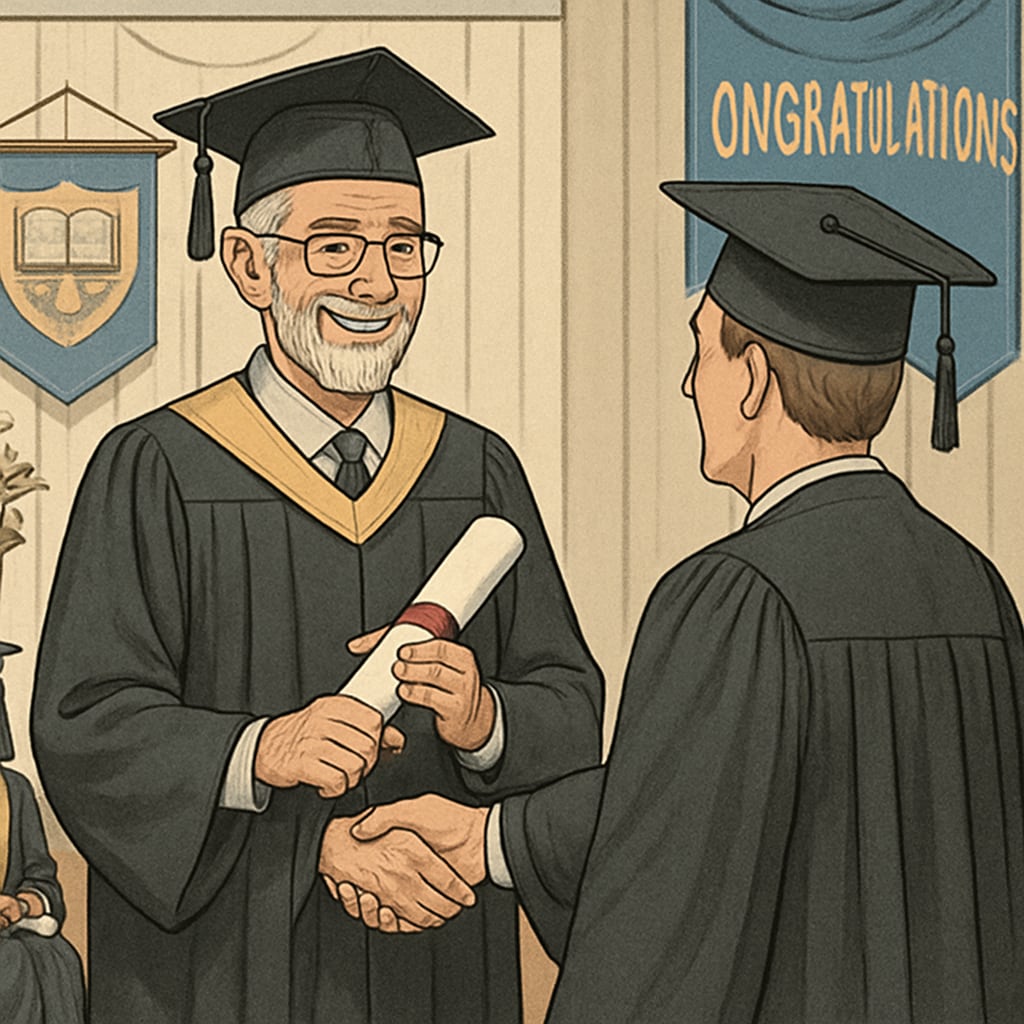For many individuals, the completion of high school marks an important milestone. However, some graduates may find themselves regretting their modified high school diploma, questioning its impact on their future career and educational prospects. While the regret is valid, it’s important to remember that the possibility for change remains open. This article delves into the challenges associated with a modified diploma and highlights actionable steps toward forging a new path.
Understanding the Impact of a Modified High School Diploma
Graduating with a modified high school diploma can bring mixed emotions. On one hand, it represents achievement; on the other, it may limit access to certain opportunities such as college admissions or competitive job positions. Employers and academic institutions often view standard diplomas more favorably, leaving holders of a modified diploma feeling disadvantaged.
However, this does not mean that opportunities are permanently out of reach. The modern education system offers flexibility and resources for individuals looking to improve their qualifications. For example, community colleges often accept students with non-traditional diplomas, offering pathways to higher education and career advancement.

Overcoming Regret Through Lifelong Learning
Regret over a modified high school diploma can be a heavy emotional burden, but it doesn’t have to define one’s future. Lifelong learning—the practice of continuously acquiring knowledge and skills—provides a powerful antidote to these feelings. Individuals can explore alternative education programs such as GED (General Educational Development) testing, vocational training, or online certifications. These options can help bridge gaps in qualifications while fostering confidence and self-worth.
- GED Testing: For those who regret not earning a standard diploma, a GED offers a recognized alternative, opening doors to college admission and employment opportunities.
- Vocational Training: Programs focused on specific trades or technical skills can lead to high-demand, well-paying careers without requiring a traditional diploma.
- Online Learning Platforms: Websites such as Coursera and edX provide accessible courses and certifications in diverse fields.
In addition, many adults return to education later in life, proving that it’s never too late to pursue goals previously thought unattainable.

Building Emotional Resilience and Embracing Change
Regret often stems from comparing oneself to others or feeling inadequate due to perceived shortcomings. Overcoming these emotions requires a shift in mindset. Recognizing that a modified diploma does not define an individual’s worth is key to moving forward.
Here are some strategies for cultivating emotional resilience:
- Focus on strengths and achievements, rather than perceived failures.
- Seek support from mentors, counselors, or peers who can provide guidance and encouragement.
- Set realistic, achievable goals to build confidence and momentum.
- Celebrate incremental progress, understanding that change takes time and effort.
As a result, individuals can embrace change and take proactive steps toward their desired future, transforming regret into motivation.
Final Thoughts: Turning Regret into Opportunity
No matter the past, every individual has the power to rewrite their story. High school diploma regrets and modification concerns are only barriers if they remain unchallenged. Lifelong learning, vocational training, and emotional resilience offer practical and meaningful ways to overcome these obstacles. By taking action, those with modified diplomas can create opportunities, redefine their path, and achieve the success they deserve.
Remember, the journey toward change begins with the decision to try. Whether through education, skills development, or personal growth, the possibilities for a brighter future are endless.
Readability guidance: Use clear, concise language to ensure accessibility for readers. Prioritize action-oriented advice and optimism to inspire change. Incorporate transition words and lists to improve content flow.


